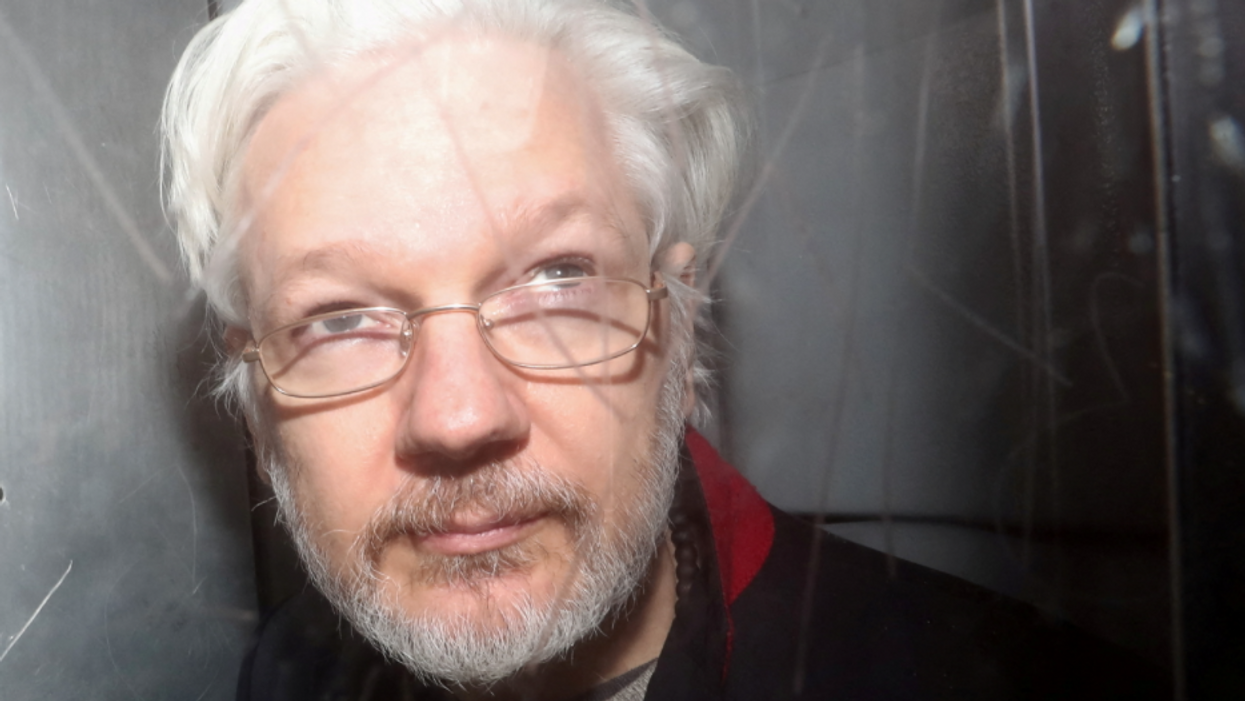Former FBI Official Says Trump Must Beware Extradition Of Julian Assange
Reprinted with permission from AlterNet
In the United Kingdom, the High Court has ruled that WikiLeaks’ Julian Assange can be extradited to the United States to face espionage charges. Frank Figliuzzi, a former FBI special agent and counterintelligence expert, analyzes this development in an opinion column published by MSNBC on December 15 — and argues that Assange’s extradition could be bad news for former President Donald Trump.
“Former President Donald Trump already faces a future filled with legal battles in multiple federal, state and local jurisdictions from Georgia to the District of Columbia to New York State and Manhattan,” explains Figliuzzi, a frequent guest on MSNBC’s cable news shows. “And now, a British court decision against WikiLeaks founder Julian Assange could resurrect the two seminal questions from Special Counsel Robert Mueller’s investigation: Did Trump obstruct justice, and did his campaign collude with Russia? Assange, an Australian citizen sitting in Her Majesty’s Prison Belmarsh in Southeast London, may hold the key that reopens the prosecutive possibilities.”
The espionage charges against Assange in the U.S., Figliuzzi notes, stem “from his 2010 publication of State Department and Defense Department files provided by Chelsea Manning, a former Army intelligence analyst.”
“The charges against Assange concern whether an organization that exists primarily to solicit and disseminate illegally obtained government secrets can be considered a media organization entitled to First Amendment protections,” Figliuzzi observes. “They are not based on WikiLeaks publishing Democratic Party e-mails hacked by the Russian government in support of Trump during the 2016 election. Even so, for his sake, Trump better hope that the notorious hacker and leaker never sets foot on U.S. soil, because if the Department of Justice plays its cards right, it can make the case precisely about those Russian government hacks and WikiLeaks’ dissemination of the content of those hacks by offering a deal to Assange in return for what he knows. That’s what should worry Trump and his allies.”
Figliuzzi points out that when Mueller delivered his final report on the Russia probe, he found that the 2016 Trump campaign’s interactions with Russians “didn’t rise to the level of criminal conspiracy.” But Assange, according to the former FBI special agent, “may be able to close the gap between collusion and criminal conspiracy.”
Figliuzzi argues, “As for obstruction, the second focus of the Mueller team, Assange can help there as well…. Assange may be able to help the U.S. government in exchange for more lenient charges or a plea deal. Prosecutions can make for strange bedfellows. A trade that offers a deal to a thief who steals data, in return for him flipping on someone who tried to steal democracy sounds like a deal worth doing. So, DOJ, if you’re listening….”




